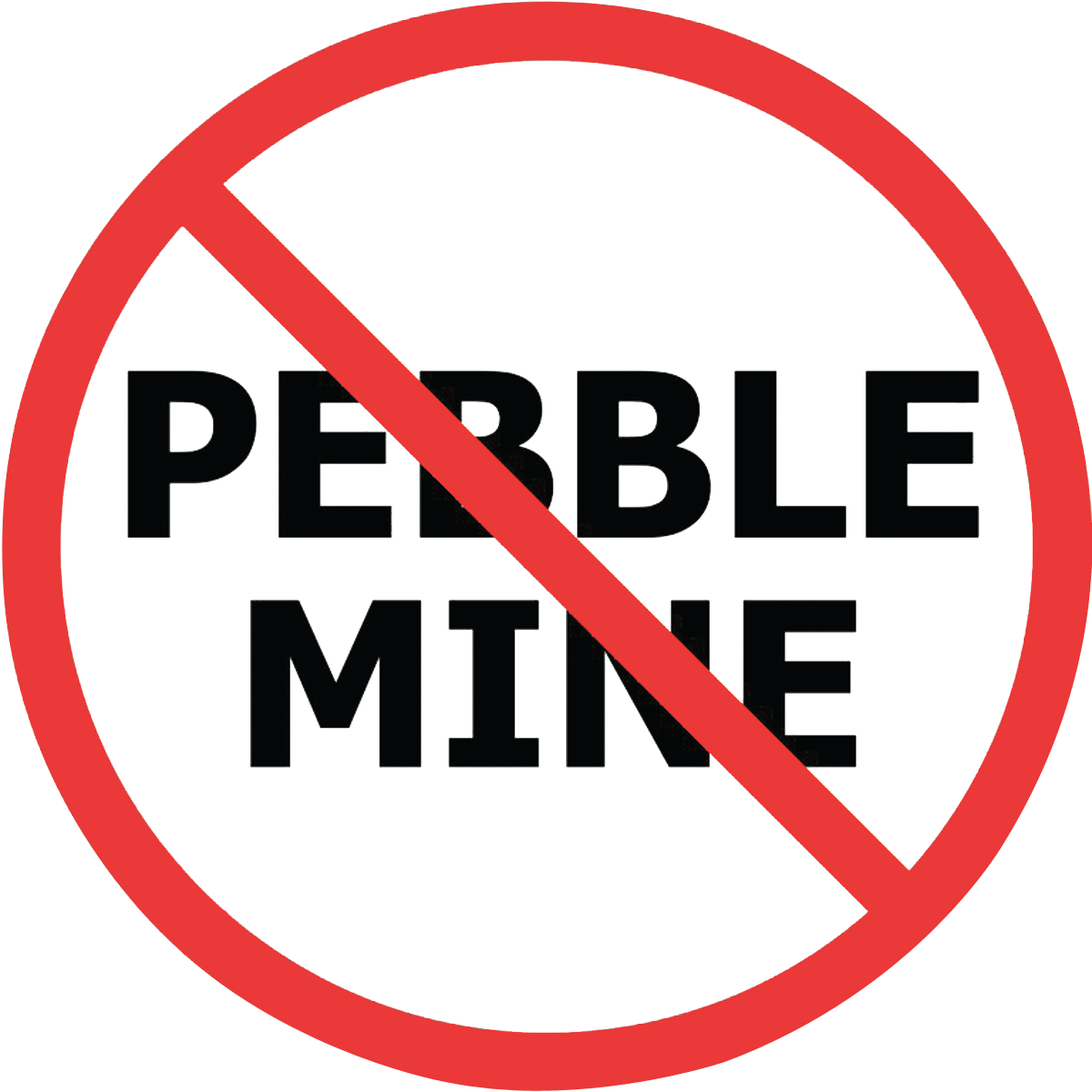View original post in The Hill
BY KIM WILLIAMS, OPINION CONTRIBUTOR - 02/28/17 04:30 PM EST 11
Regulations are in the crosshairs in Washington, D.C. these days. Those elected officials and appointed agency leaders have been clear in their goal to get rid of regulations they say are blocking jobs and economic activity.
I humbly suggest that in this flurry to slash red tape, one Environmental Protection Agency protection should stay in place: the one protecting the Bristol Bay fishery in Alaska from the controversial Pebble Mine. I guarantee you the EPA’s plan to restrict mine waste disposal in Bristol Bay waters protects jobs and economic activity: those of my family and the 14,000 others who rely on our nation’s most valuable salmon fishery.
In fact, we Alaskans call the sockeye salmon that return to Bristol Bay in their annual spawning runs “red gold.”
Bristol Bay is the largest wild salmon fishery remaining anywhere in the world. For thousands of years, those fish have represented not just survival, but wealth.
America is proud of the fact that it feeds the world, from our fruit orchards to our amber waves of grain. Alaska’s “red gold” feeds the world, too. Roughly half of the world’s wild sockeye salmon come from Bristol Bay.
Today, the Bristol Bay fishery supports local subsistence fishing, commercial fishing fleets and guides and outfitters that host thousands of sports fishermen. All of those are pillars of our economy, supporting very real jobs and feeding very real families. And the wealth does not stay in Alaska. The commercial fishery alone is worth $1.5 billion annually.
If we manage that resource wisely, we can depend on those fish for thousands of years to come. But if we destroy it, we can only destroy it once.
A foreign mining company, Northern Dynasty, has proposed a massive mine upstream from Bristol Bay called the Pebble Mine. This has been controversial from the beginning. It would literally bury miles of spawning streams under a mine waste disposal pond, and remove water from rivers and streams that salmon need to thrive. That’s the best-case scenario. The worst-case scenario is that that massive waste pond fails and pollutes everything downstream. Disposing of billions of tons of harmful mine waste in salmon country is simply risky business.
Too risky, it seems for Pebble Gold’s financial backers. Two of the world’s largest mining companies have already walked away from the project. And, in mid-February, a New York investing firm released a brutally honest analysis of Pebble Mine, and declared that it is not financially viable. The firm offered several facts to back up that assessment, and EPA regulations were not among them.
It’s true that the EPA has set a solid standard for Pebble. But given the proven value of the Bristol Bay fishery, that standard is absolutely reasonable. In fact, anything less is reckless.
In my opinion, it’s clear that Northern Dynasty is trying to squeeze whatever it can from its investment in Pebble. By trying to sidestep the Clean Water Act, it can promote the charade that Pebble mine is a worthy gamble. The trouble is, they are gambling with our lives and livelihoods.
The new EPA Administrator Scott Pruitt has his hands full and a lot of learning to do as he takes the helm of this agency. He can make his life easier by simply leaving well enough alone at Bristol Bay. There is no good reason to drag this fight on for another decade.
There are many places to mine but there is only one Bristol Bay. Let us fish. Let us get on with business.
Williams is executive director of Nunamta Aulukestai, a non-profit that promotes the mutual interests of multiple Bristol Bay village corporations and tribes with respect to their lands and natural resources.
